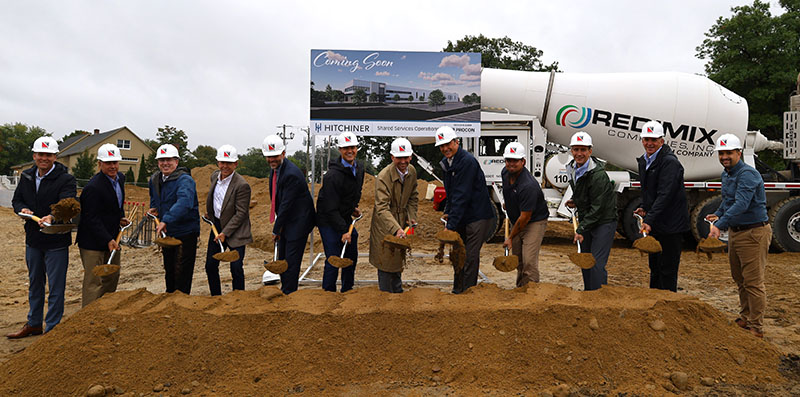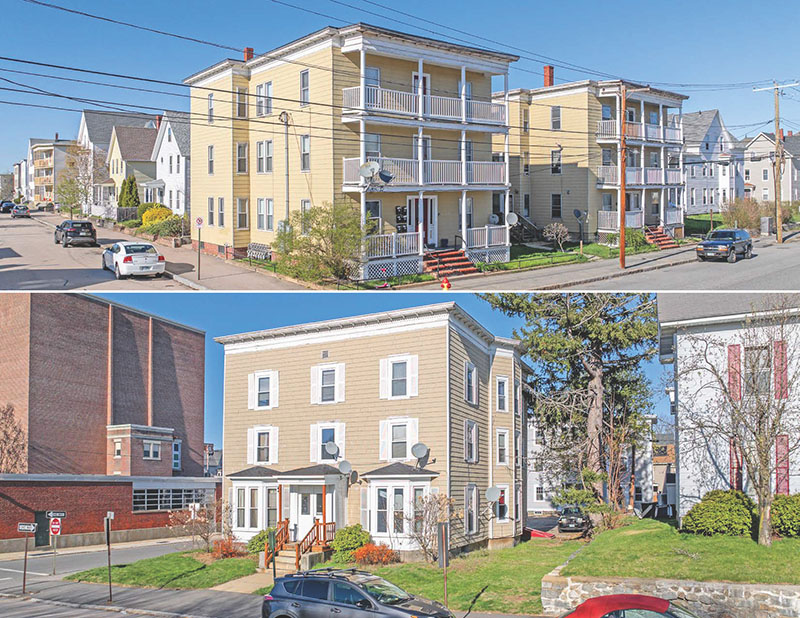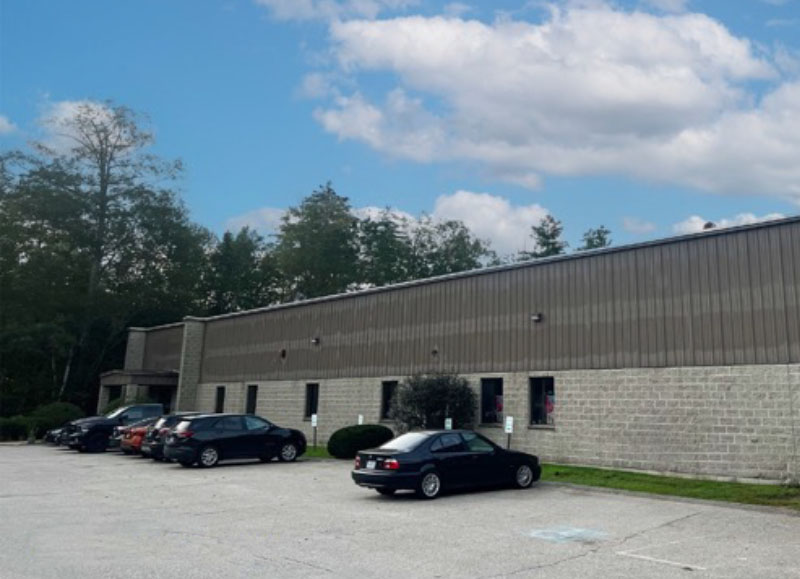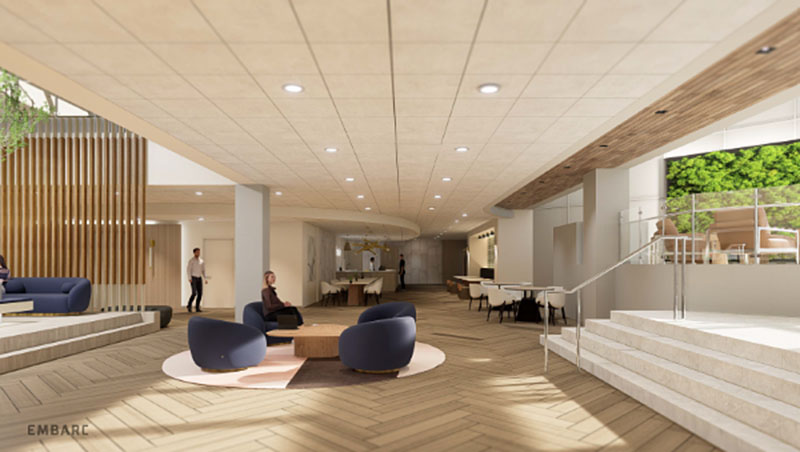News: Northern New England
Posted: February 2, 2010
MEREDA to hold Changes to Contaminated Property Regulations in Maine program Feb. 25
The Maine Real Estate Development Association will hold a breakfast program "Changes in Contaminated Property Regulation in Maine - Just When You Had It All Figured Out" on February 25, from 7:30 am to 9 am. The event will be held at the Clarion Hotel Portland (formerly the DoubleTree Hotel) 1230 Congress St.
A breakfast buffet will be served at 7:30 am and the program will begin at 8 am.
A panel will discuss new developments in the Maine Department of Environmental Protection's contaminated property regulation policies.
For the first time in over ten years, the Maine DEP is completely revising its cleanup guidelines for contaminated soil, commonly referred to as the Remedial Action Guidelines (RAGs). While this process may sound like yet another obscure exercise by a state agency, it will affect the redevelopment of contaminated property in Maine.
The new RAGs are based on more sophisticated health-based risk models and expand the type of exposure scenarios to more accurately reflect common land uses. The new guidelines also provide for more flexibility by allowing site-specific health-based risk assessments. Of particular interest will be the guidelines for petroleum, which is the most common type of contamination in Maine but has not had contaminant-specific cleanup guidelines until now. The guidelines also for the first time explicitly allow for the use of restrictive Environmental Covenants as part of the remedy in various cleanup scenarios, not just at sites that go through the Voluntary Response Action Program (VRAP).
While none of these guidelines will be in statute or regulation - they are simply guidelines - the regulated community is anticipating their widespread use by Department staff in determining appropriate approaches to both hazardous waste, other non-petroleum and petroleum sites. Are the guidelines flexible and therefore beneficial to those conducting cleanups, or detrimental because the cleanup goal may not always be easily predicted? Come hear the experts give their views on this important new development in DEP policy.
The panelists:
Keith Taylor is senior hydrogeologist at St. Germain & Associates with 25 years experience in environmental consulting. He holds a MS degree in Geology and is a Maine Certified Geologist and New Hampshire Professional Geologist. Taylor specializes in the interpretation of geologic, water quality and chemical data and has particular expertise in assessing risk, liability, remedial options and redevelopment opportunities on contaminated properties.
Hope Jacobsen is a shareholder and director of Perkins Thompson, where her practice focuses on environmental and land use law. Jacobsen counsels a wide variety of business, institutional and individual clients on environmental liability, permitting, compliance and due diligence issues, particularly those associated with business and real estate transactions. She also assists clients with brownfields redevelopment, Superfund and Maine "Uncontrolled" sites, and the Maine Department of Environmental Protection's Voluntary Response Action Program (VRAP).
Registering for this event:
Member: $40
Non-member: $50
Register after Feb. 18th: $50 membe and $60 non-member. Payment is expected at the time of registration. No refunds will be granted to anyone who registers, but fails to attend or who cancels after February 18.
Visit http://www.mereda.org/eventdetail.php?ID=154 to register.
Tags:
Northern New England
MORE FROM Northern New England
PROCON and Hitchiner break ground on 57,000 s/f shared services operations facility
Milford, NH Hitchiner, in partnership with PROCON’s integrated design and construction team, has officially broken ground on a new 57,000 s/f shared services operations facility at its Elm St. campus. This building will house value-added services used across Hitchiner’s various business units,

Quick Hits







